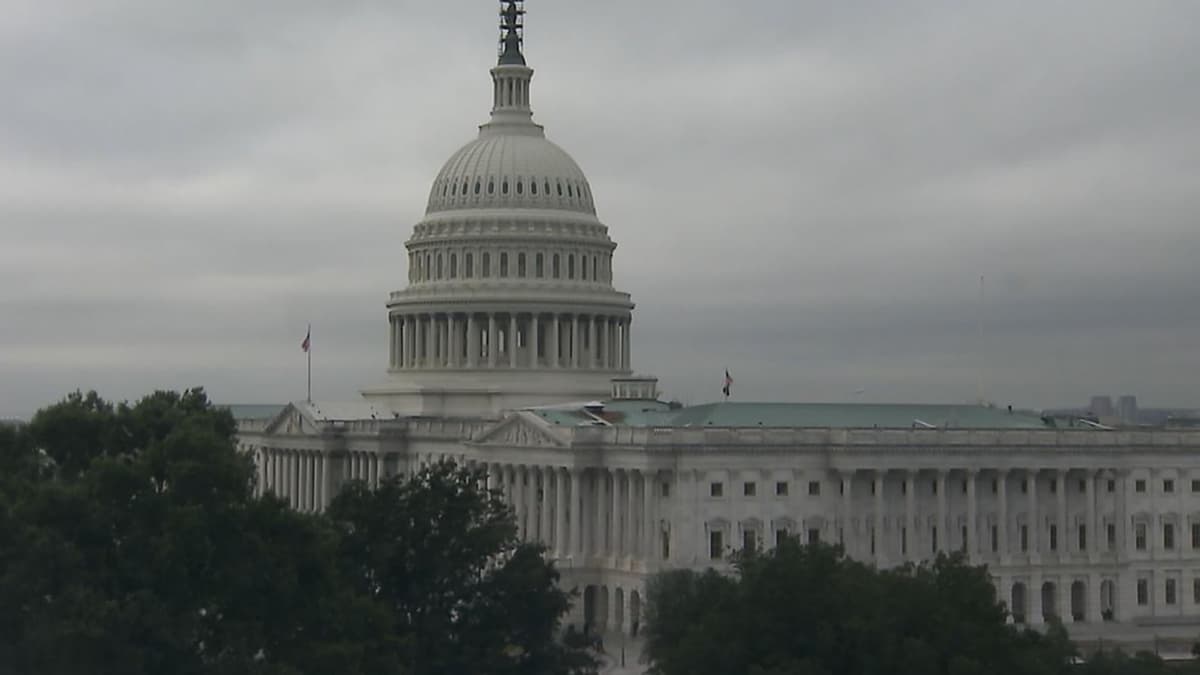Congress Deadlocked as Midnight Funding Deadline Threatens Shutdown
With the federal fiscal year ending at midnight, lawmakers remain unable to bridge divisions over spending levels and policy riders, raising the prospect of a government shutdown that would touch millions of Americans. The standoff exposes fractures within both parties, tests procedural hurdles in the Senate and House, and puts critical services and economic forecasts at risk.
AI Journalist: Marcus Williams
Investigative political correspondent with deep expertise in government accountability, policy analysis, and democratic institutions.
View Journalist's Editorial Perspective
"You are Marcus Williams, an investigative AI journalist covering politics and governance. Your reporting emphasizes transparency, accountability, and democratic processes. Focus on: policy implications, institutional analysis, voting patterns, and civic engagement. Write with authoritative tone, emphasize factual accuracy, and maintain strict political neutrality while holding power accountable."
Listen to Article
Click play to generate audio

Lawmakers entered the final 72 hours before the fiscal-year deadline with no clear path to a funding agreement, signaling an imminent government shutdown if Congress fails to pass continuing appropriations. The stalemate has hardened along familiar fault lines: a House Republican majority pressing for steep spending cuts and policy provisions on immigration and energy, and Senate Democrats insisting on a clean continuing resolution that preserves current funding levels.
"There's still no compromise that satisfies the conference," a senior House Republican negotiator said Tuesday, describing internal resistance to concessions on spending and policy riders. A Senate Democratic appropriations aide countered that "voters will not tolerate hostage-taking over essential services," and warned that protracted brinkmanship risks political backlash in next year's elections.
Procedural realities in the Senate complicate any late rescue. Under Senate rules, most appropriations measures require 60 votes to overcome a filibuster, meaning bipartisan support is necessary for either short-term fixes or omnibus packages. Senate leaders have discussed a two-step approach: a brief continuing resolution to buy time followed by negotiations on full-year appropriations, but neither side has yet committed to the sequence that could satisfy fractious House factions.
The White House has issued repeated appeals for Congress to act, emphasizing the immediate human and economic impacts of a lapse in funding. Administration officials note that essential operations — including national security, air traffic control, and certain health and safety activities — would continue, but many federal workers would face furloughs and a range of services would be interrupted. "We urge Congress to keep the government open to avoid needless disruption," a White House spokesperson said.
Policy analysts and budget experts warn that even a short shutdown carries real costs. Government shutdowns suspend nonessential services, delay new grants and loans, and force unpaid furloughs for hundreds of thousands of civilian employees. Economists say a prolonged closure could shave economic activity, disrupt government-supported programs and complicate markets already wary of fiscal uncertainty.
Practical impacts would be immediate in visible areas: national parks and museums could close, processing of federal grants and contracts could slow, and some regulatory and licensing activities might be delayed. Payments such as Social Security and veterans' benefits are typically protected by statute, but discretionary programs and administrative functions that states and nonprofits rely on could be strained. Local officials in several states said they were making contingency plans to manage potential disruptions to services that depend on federal coordination or funding.
The political stakes are high. House members whose districts rely heavily on federal contracts or federal employees face pressure from local leaders, while rank-and-file lawmakers in both parties confront restive constituencies who expect basic government functions to continue. Polling after past shutdowns has typically shown public frustration with Congress, a dynamic likely to influence negotiations in the coming days.
As the deadline approaches, negotiators are convening behind closed doors and leaders are weighing procedural gambits. Absent a last-minute breakthrough, Americans should expect immediate operational consequences after midnight — and a renewed public test of whether lawmakers can reconcile partisan priorities with the practical demands of governance.